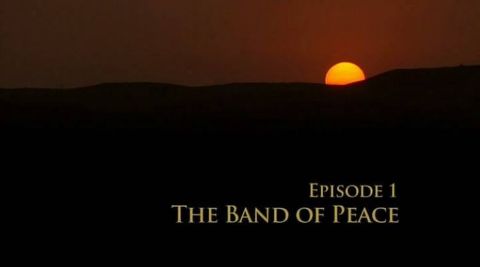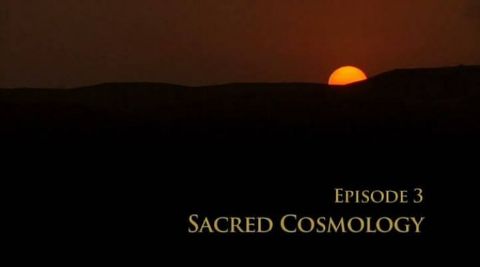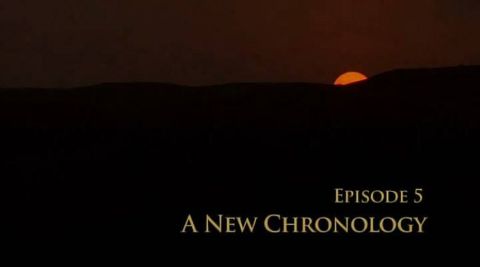The Pyramid Code • 2010 • 5 episodes •
This episode raises questions about the purpose of the pyramids, challenging the story traditional Egyptology tells. See rare footage of six distinct pyramid sites near the Great Pyramid, with evidence of superior technology and sophisticated knowledge of science and the cosmos.
2010 • History
In this episode, evidence that the Ancient Egyptians used high level technology to construct pyramids and temples is shown. Scientists discuss the source of this power and its application in the ancient world. Our science is just beginning to grasp what the ancients clearly understood.
2010 • History
Deciphering the meaning of strange symbols in Egyptian art gives insight into ancient knowledge of sacred cosmology. A new way of interpreting hieroglyphics is presented, indicating that the ancients had sophisticated understanding of physics, biology and celestial mechanics. The team goes on an expedition into the open desert in search of a remote site of extreme antiquity called nabta playa. Here, Neolithic stone circles were found marking the motion of the same stars as were tracked in pharonic civilization. The possible connection is discussed.
2010 • History
The empowered human proposes that the pyramid builders were living in a Golden Age. They had more refined senses, and experienced higher levels of consciousness, which gave them superior abilities to those we have today. The sacred feminine was honored and existed in balance with the masculine.
2010 • History
After examining the evidence presented in the series, it seems clear the dates given by traditional Egyptology don t fit. Carefully considering cycles of time through gold, silver, bronze and iron ages of Plato's Great Year, a new chronology emerges that illuminates Ancient Egypt.
2010 • History










